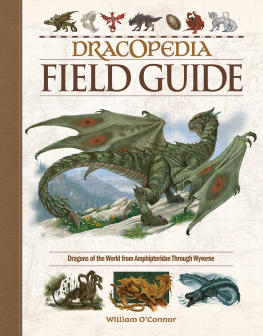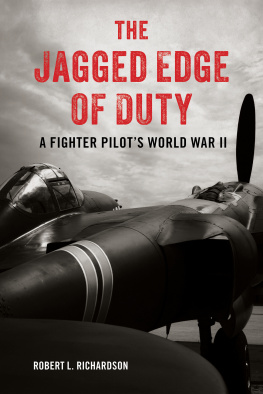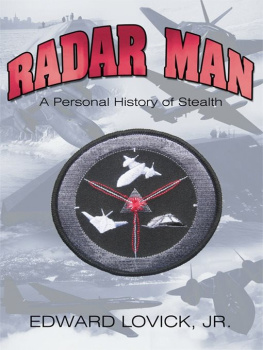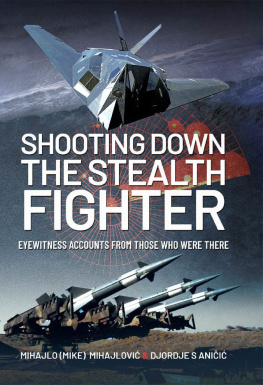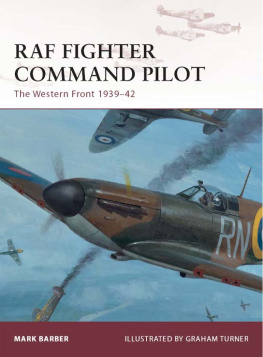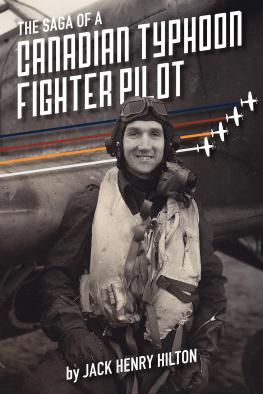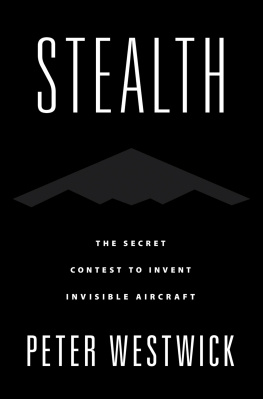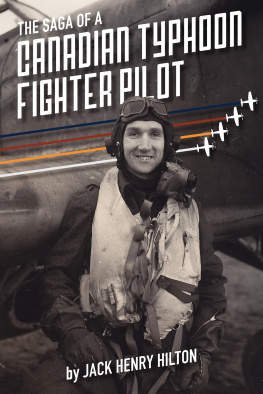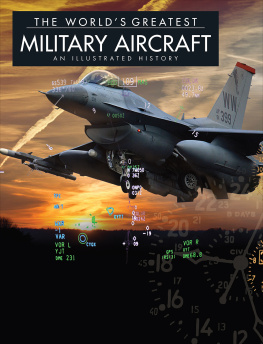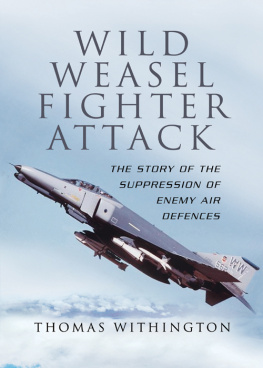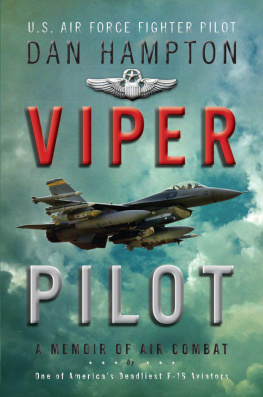Stealth Fighter
A Year in the Life of
an F-117 Pilot
Lt. Col. William B. OConnor,
USAF (ret.)

First published in 2012 by Zenith Press, an imprint of MBI Publishing Company, 400 First Avenue North, Suite 300, Minneapolis, MN 55401 USA
2012 Zenith Press
Text 2012 by William B. OConnor
All rights reserved. With the exception of quoting brief passages for the purposes of review, no part of this publication may be reproduced without prior written permission from the Publisher. The information in this book is true and complete to the best of our knowledge.
Zenith Press titles are also available at discounts in bulk quantity for industrial or sales-promotional use. For details write to Special Sales Manager at MBI Publishing Company, 400 First Avenue North, Suite 300, Minneapolis, MN 55401 USA.
To find out more about our books, join us online at www.zenithpress.com.
Digital edition: 978-1-6105-8433-3
Softcover edition: 978-0-7603-4135-3
Library of Congress Cataloging-in-Publication Data
OConnor, William B., 1958
Stealth fighter : a year in the life of an F-117 pilot / William B. OConnor.
p. cm.
Includes bibliographical references.
ISBN 978-0-7603-4135-3 (hardbound with jacket)
1. OConnor, William B., 1958- 2. Operation Allied Force, 1999. 3. Kosovo War, 19981999Aerial operations, American. 4. Kosovo War, 19981999Personal narratives, American. 5. Fighter pilotsUnited StatesBiography. 6. F-117 (Jet attack plane) I. Title.
DR2087.5O25 2012
949.71031548092dc23
2011042101
Credits:
All photographs are from the authors collection unless noted otherwise.
Front cover photo montage: F-117. Photo courtesy of Lockheed Martin; desert landscape Tim Roberts Photography/Shutterstock.com
Spine: F-117A patch. Authors collection
Back cover: (top) Photo by Judson Brohmer courtesy of Lockheed Martin; (bottom) F-117 Nighthawks of the 8th Fighter Squadron, 49th Fighter Wing, Holloman Air Force Base, New Mexico, hold for takeoff at Al Jaber Air Base, Kuwait, March 13, 1998. U.S. Air Force
Printed in the United States of America
Contents
Prologue
Night-1
IM LATE, IM LATE, IM LATE. That nagging little thought in the back of my mind just wont go away.
Its a few hours past midnight early on March 25, 1999. I am somewhere over Hungary at 18,200 feet on a coal-black night in an F-117 Stealth Fighter with all its external lights turned off. Loaded within the belly of my jet is a pair of 2,000-pound laser-guided bombs. The communication antennae that I would rely on for a recall have been retracted, and Im racing as fast as I can toward a hostile border to enter my first real combat. This is the second wave of attacks on Night-1 against the country I grew up calling Yugoslavia, and Im desperate.
The guys in the first wave had some semblance of surprise and met little resistance, but that was hours ago. There wont be any more surprises tonightanyone with access to CNN watched me take off from Italys Aviano Air Base about an hour before, and all the targets wed attacked so far fell into very distinct categories. The Serbs know exactly what were interested in, and our politically allowed routing into and out of Serbia is ridiculously constrained.
They know Im on my way. They know approximately where Im going and what I plan to do with my pair of bombs. They know the tiny little corridor Ill have to fly through to get there, and with the few hours theyve had to regroup after absorbing our first wave of attacks, Im guessing theyre pissed off and ready to battle.
I methodically run through the pre-combat checklists for the tenth time, confirming that all my cockpit controls are set properly. Nothing is amiss. After a few seconds I run them againit gives me something to do.
Ive already received the code words authorizing me to cross the Serbian border and attack my assigned targets. I wont speak to another human until Im ready to land. The last obstacle holding me back is the requirement to cross the Serbian border within plus or minus sixty seconds of a very specific time. The minus part hasnt been a factor all nightthe first jet Id started had to be aborted at the last possible moment, sending me running to a spare aircraft. The plus part is going to be tight.
For the past hour, my jet, tail number 840-828, and I have been desperately scrambling to make up the twenty-one minutes I was late in taking off. Hoping that our carefully planned deconfliction routing is as good as it needs to be tonight, Ive been cutting a few corners. Normally, doing this isnt too dangerous, provided there isnt someone out there in the dark too far off their time linesomeone like me, for instance.
Peering out into the night reveals nothing, of course. Anyone who might be in the area as a potential collision risk is also blacked out. I look anyway.
Theres no need to do anything with the throttles. Theyve been pushed up against the stops in the far left corner of the cockpit for some time now. Pushing on them harder wont make the slightest difference in my speed. I push anyway. Just checking.
Finally, as I watch the moving map display in my cockpit, the small white symbol representing my jet crosses the northern border of Serbia. Im fifty-five seconds past the middle of my timing window, so theres a whole five seconds to spare before Id have to turn around. Not bad. I can easily make up the difference during the next three or four legs on the way to my first target. More importantly, Im allowed to continue.
This is it. Ive just violated a sovereign national border with the intent, and my governments authorization, to commit acts of war. I also accept that my opposition, in the course of their duty to protect their homeland, is fully entitled to try to kill me in return. Finally, I can relax.
Yes, relax. The irony of that thought isnt lost even as it occurs to me. Its only going to take about a half hour to blow up a couple heavily defended buildings and dodge a few missiles and antiaircraft cannon shells. But thats the easy part. While the actual mission isnt going to take long, it had taken me seventeen years to make it past that border.
Previously, in my life as an aviator and warrior, being left behind had always been the problem. Before this moment Id always been in the wrong place at the wrong time. When I had been in combat units, peace had prevailed. All the actual shooting wars had occurred while I had been assigned to training or test units. The Libya raid, Grenada, Panama, the Gulf WarId watched them all on TV while tracking the adventures of friends from previous assignments.
My family, of course, didnt see it this way at all. In their eyes, this was the first time I wasnt fortunate enough to have been elsewhere when war broke out. But in the fraternity of warriors, few things are more painful than watching your brethren go off to battle while you stay behind. To wish for diplomatic efforts to fail is inexcusable, but not to be in on the action once hostilities have commenced is equally unthinkable for a warrior.
A warriors first combat is an experience for which he or she can never be truly ready. We were trained, we had the most sophisticated aircraft in the world, and we were more than willing to leap into the breach. But the whole baptism by fire thing was still an unknown, which wasnt helped by the fact that none of our squadron-mates who had already been there seemed able to describe the experience. Even Winston Churchill, who was rarely at a loss for words, came up a little short: There is nothing more exhilarating than to be shot at without resulta phrase that will no doubt make perfect sense... tomorrow.
Next page


